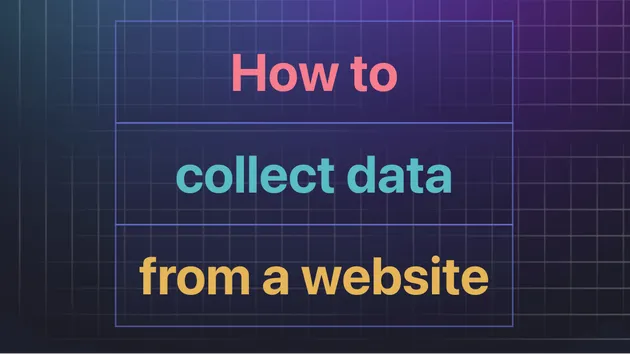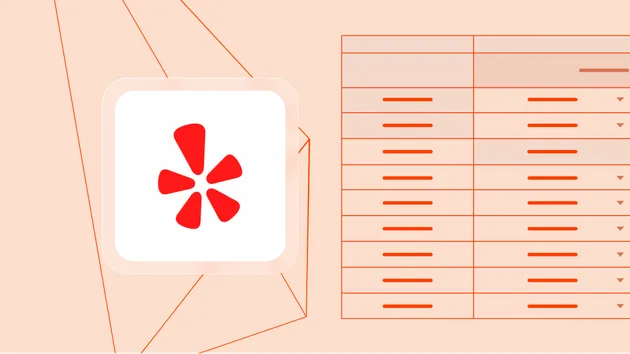Power Webhook Integration
Pricing
$5.00/month + usage
Power Webhook Integration
Allows you to provide multiple HTTP endpoints, that receive a more complete JSON from the run, and allow you to hit those endpoints using a proxy, and enable you to do conditional webhook calls with some lines of Javascript code and you can link/chain one actor to another
Pricing
$5.00/month + usage
Rating
0.0
(0)
Developer

Paulo Cesar
Actor stats
6
Bookmarked
25
Total users
2
Monthly active users
3 years ago
Last modified
Categories
Share




